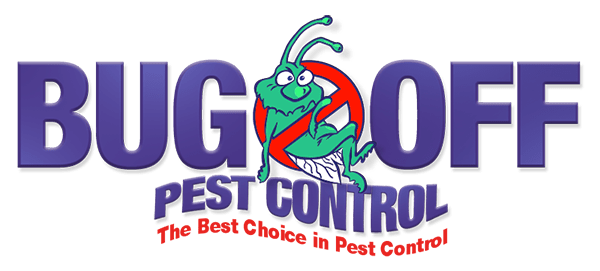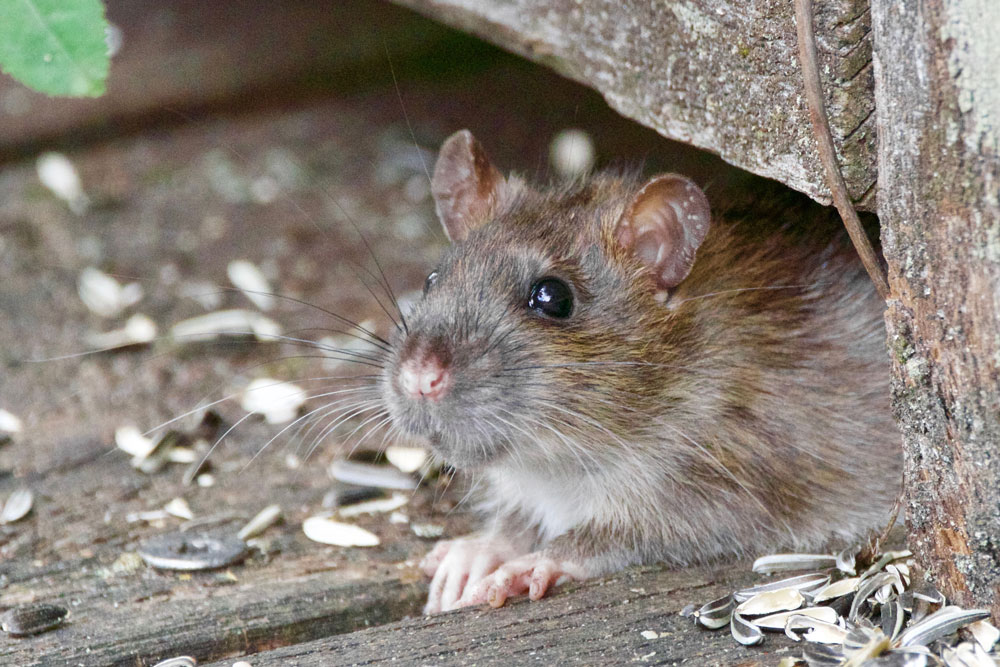Hantaviruses are rare but deadly diseases mainly carried by rodents that can cause hantavirus pulmonary syndrome (HPS). HPS is a severe, fatal, respiratory disease. Though only some breeds of mice and rats are known to transmit hantaviruses, for your own safety, we would recommend taking preventive measures as early as possible. Even the healthiest people have become ill with HPS. The infection spreads via air and usually becomes contagious via vaporized rodent urine and droppings. The best protection against Hantavirus Pulmonary Syndrome is to deter rodents from entering your home and avoiding their habitats.
Symptoms Of Hantavirus
Hantavirus Symptoms are categorized as early symptoms and late symptoms. They usually develop between 1 and 8 weeks after exposure to urine, droppings, nests, or saliva of disease-ridden rodents. Bear in mind, not every rodent carries hantavirus. However, you should stay away from wild mice, rats, and rodents and safely clean their urine, droppings, or nests from your home.
Early symptoms of Hantavirus – fatigue, fever, headache, dizziness, abdominal problem, shivering, and muscle aches in thighs, back, hips, and sometimes chest.
Late symptoms of Hantavirus – coughing, respiratory problem, high fever, shortage of breath, and if delayed, a patient may also suffer heart & lung problems.
I think I have hantavirus symptoms, what should I do? If you are experiencing any unusual symptoms, especially respiratory problems, contact your doctor immediately. Be sure to mention your symptoms and the possibility of rodent exposure.
Cure or vaccine against hantavirus– To date, there is no specific treatment, vaccine, or cure available for hantavirus. If an individual has been found infected, they may need to receive care in an intensive care unit.
How to ensure safety from Hantavirus?
- Avoid contact with any rodents in your home or campsite.
- Clean up or cover any source of food.
- Wear gloves and a mask before cleaning any rodent urine, droppings, nesting materials, or remains.
- Do not sweep or vacuum rodent urine, droppings, or nesting materials. You risk spreading the pathogen into the air.
- Soak rodent droppings with a cleaning solution and then wipe them up with paper towels.
- Disinfect the space with a disinfectant or bleach and water solution.
- Do not leave pet food in their bowl.
How to Prevent Hantavirus Infestation at Home
Calling professionals for assistance with rodent prevention can keep your family safe from hantavirus. Eliminating the presence of rodents in your home and workplace should be your top priority. Professional exterminators can get the job done in the best possible manner. Unfortunately, our homes will continue to be inviting targets for rodents and require constant vigilance. With the right prevention approach, you’re less likely to come into contact with them.
Here are 3 reasons why our rodent removal company makes sense:
- Knowledge, experience & training, which are important for effective rodent control.
- Utilize state-of-the-art equipment to address rodent infestations.
- Finding and sealing holes, cracks, and crevices that allow rodent entry into your house.
Effective and long-lasting rodent prevention has proven very helpful in preventing hantavirus infection. To learn about how to get rid of rats, mice, and rodents, call us today.

